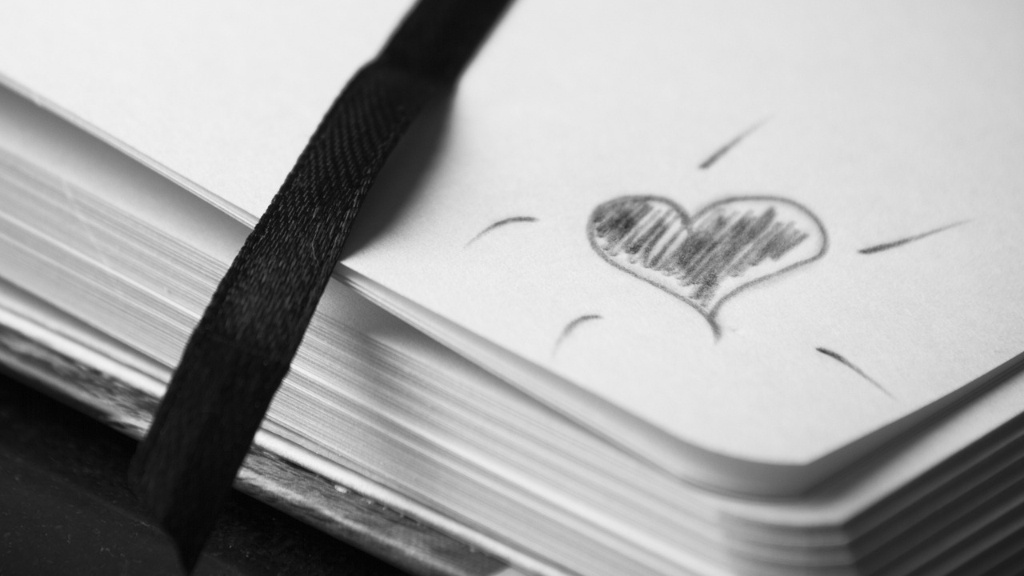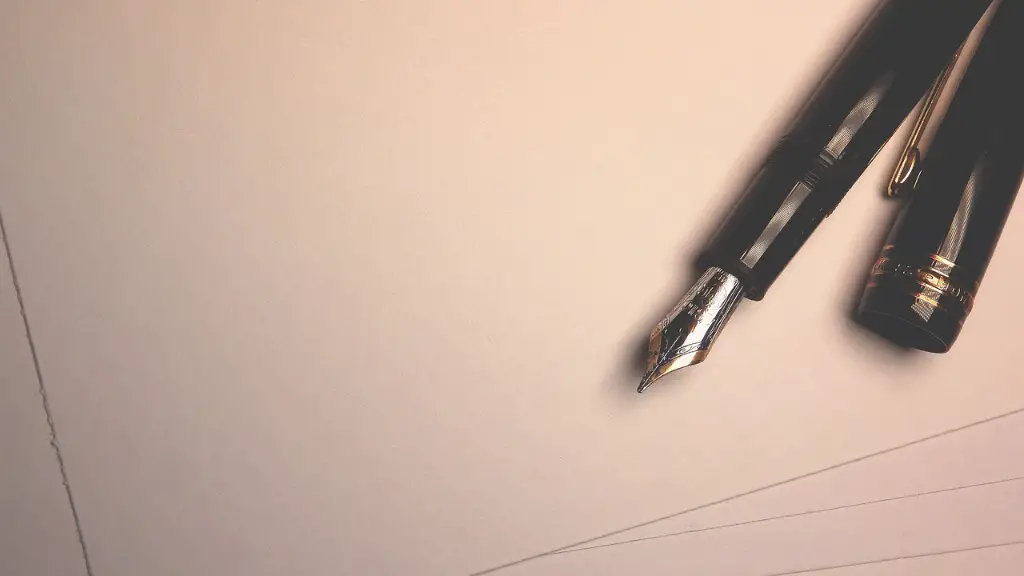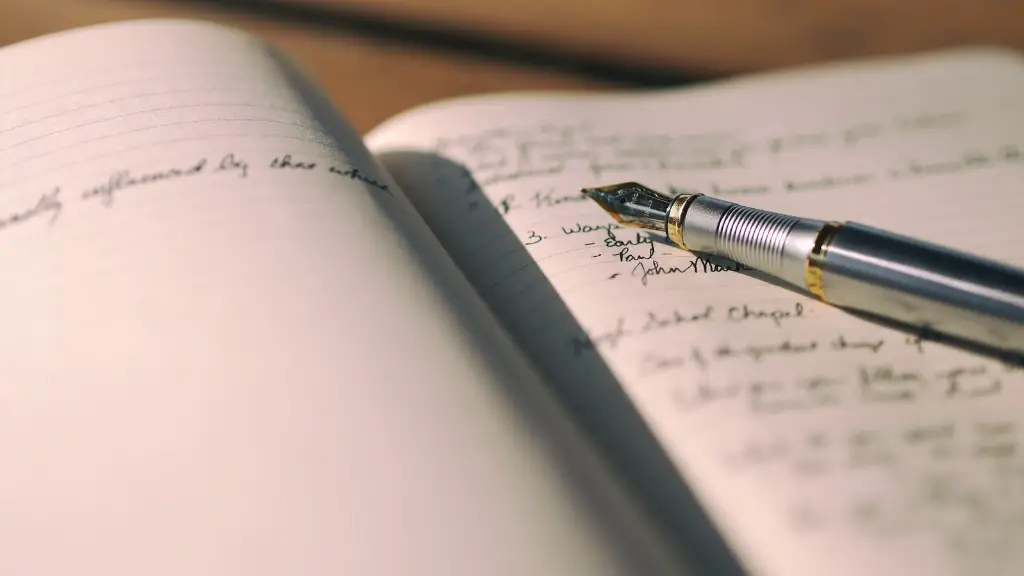Overview of Poetry Fiction
Poetry has been around as long as human beings have had language. In modern times, it is often seen as something outside of traditional literary fiction, but its literary tradition is older and richer than some writers may think. There are a number of different types of poetry that can be written and the nature of poetry fiction can vary. Additionally, there are a variety of views within the literature on whether poetry is classified as “fictional” or “non-fictional.” Understanding the history and nature of poetry helps to understand the relationship between poetry and fiction.
Traditional Ideas of Poetry as Fiction
Traditionally, poetry is seen as a form of fictional literature: it was used by poets to create a vivid, often emotional image of a scene or idea. Poets often use imagery and word choice to create a unique sense in the reader’s mind. William Wordsworth said that, “Poetry is the spontaneous overflow of powerful feelings.” He was speaking of the power of poetry to evoke emotion, largely through its depictions of fictional stories or events.
Modern Approaches to Poetry
In the 20th century, modernist poets began to challenge traditional views of poetry as fiction. Modernist poetry began to focus on challenging the form and meaning of language, moving away from descriptive, narrative writing. Instead, focusing on abstract and postmodern concepts of identity and language. Many poets, such as T.S. Eliot, wrote poetry in a less narrative style and more poetic, stylized fashion. This form of poetry remains popular, as it allows poets to express themselves without the restraint of traditional forms.
Bridging Fiction and Non-Fiction
Poetry can also be used to create a bridge between fiction and non-fiction. The characters and stories in many poems are not entirely real, but they do reflect aspects of real life in an exaggerated, stylized fashion. For example, the poetry of W.B. Yeats often reflects the political and social tensions in his Irish society. While his characters are not real people, they embody experiences that are similar to what his readers might know.
The Influence of Poetry on Fiction
The influence of poetry on fiction is clear. Writers often use poetic forms and imagery to create more evocative and vivid writing. For example, many popular authors, such as J.R.R. Tolkien and Neil Gaiman, use intentionally poetic language and descriptions in their works. These authors are able to bring the fictional worlds of their works to life through their use of poetic description.
Implications of Poetry on Subjectivity
Poetry can also provide insight into the subjectivity of experience. Many poems deal with the complexities of emotion, language and identity. Poems that challenge traditional forms can provide an unexpected perspective on a common experience. For example, the poetry of Robert Frost or Sylvia Plath often use irony, sarcasm and figurative language to create a new and unexpected experience.
Techniques Used to Connect Fiction & Poetry
Different techniques can be used to help connect fiction and poetry. One technique is to write in a “fused” or “mashup” style, where poetic devices and forms are blended with more traditional short story elements. Additionally, many authors use conversational dialogue and dialogue tags to create the feeling of a conversation between characters. This conveys a sense of intimacy and immediacy, an important element in any fiction.
Verdict on Poetry Fiction
Overall, it can be said that poetry and fiction have a long and intertwined relationship. Poetry can help create more evocative and vivid writing and provide new perspectives on common experiences. Whether it is considered “fictional” or “non-fictional” largely depends on the context and the reader. It is up to the author and reader to determine what type of literature they are engaging with.


